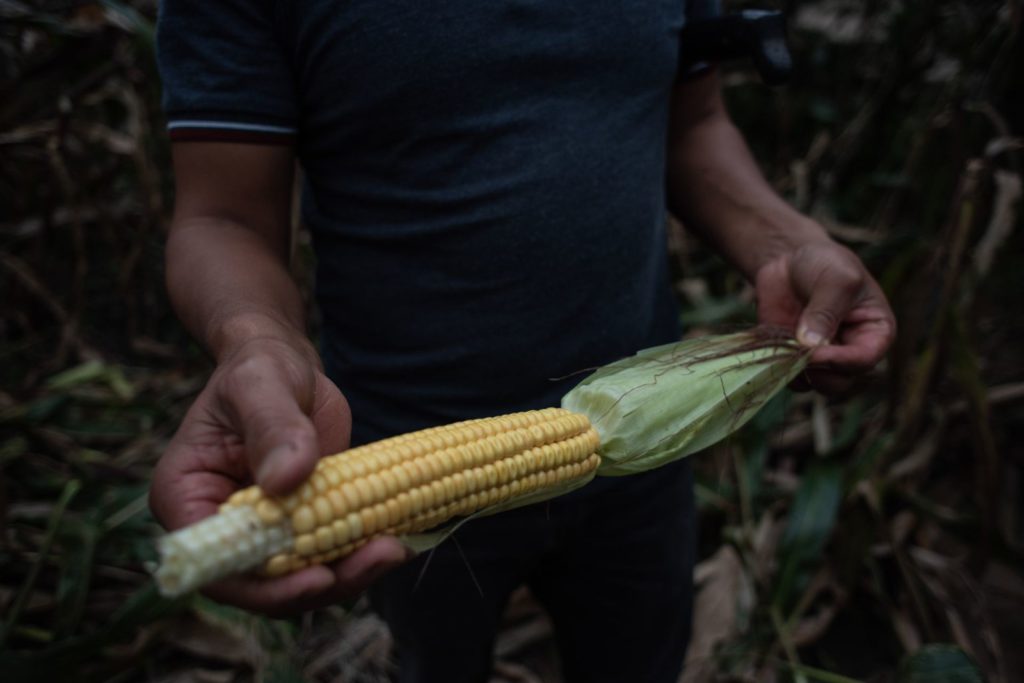
PHOTO: ISABEL MATEOS/CUARTOSCURO.COM
By: Ana Gutiérrez is Foreign Trade and Labor Market Coordinator, published in Mexico Today
08-02-2023
Like most other countries in the world, Mexico faces an inflation problem: 2022 year-end inflation was the highest in over two decades. Prices in Mexico were up 7.82 percent year-on-year in December. The cost of food and beverages rose 14.14 percent. The latest period of inflationary pressures has clearly strained the pockets of Mexican citizens, mainly at the lower-income level. In this context, governments feel the urge present easy fixes to this problem. Whether these policies have the desired effect and actually benefit people is another issue.
Over the last few months, the Mexican government has announced a few such easy fixes against inflation. Despite being advertised as strategies that will ease the hikes in prices and the strain on Mexican household resources, these policies lack any real evidence to support their actual ability to do so. Take, for example, the decree issued on May 16th, 2022, which ordered a six-month suspension of import tariffs on 21 staple food items. The government argues that these items are basic in Mexicans’ food basket. According to the decree, this measure would increase imports, expand supply, and stabilize their prices. However, a closer look showed that the vast majority of imports for these 21 staple food items came from the U.S., a country that Mexico already grants duty free access to under the United States-Mexico-Canada Agreement (USMCA). The Mexican government’s decree sounded useful, but in reality it wasn’t.
This pattern of half-baked measures from the Mexican government has continued, although with an added level of concern. The May 2022 tariff-suspension decree did not produce any actual benefits, but at least it didn’t carry major risks for Mexican consumers.
More recent Mexican government measures actually do carry high levels of risk. The first of these policies was the October 2022 decision to exempt certain food imports into Mexico from complying with sanitary, safety and quality standards. The government put the responsibility regarding food safety on the back of Mexican retailers importing such items. These companies didn’t necessarily have the infrastructure or the know-how to properly carry out sanitary and safety inspections. Not only did the measure not guarantee a swifter import process, but it created potential bureaucratic complications. More importantly, it created potential health risks for Mexican consumers.
The second problematic measure, announced by the government in January, is the imposition of a temporary 50 percent duty on Mexican exports of white corn until June 30th. The harm in this case is economic in nature. The government argued that an export tariff would ensure that a larger supply of white corn remains in Mexico’s domestic market. White corn is a staple in the Mexican diet and is mainly used to produce things like tortillas and tamales. The idea was that an export duty on domestic white corn would help price stabilization. Never mind that Mexican exports of white corn are minimal: less than 1 percent of Mexican white corn goes to other countries. Furthermore, the government did not take into account that domestic production of white corn already satisfies domestic demand. Mexico does not have a white corn shortage, so the government’s latest measure to increase supply was unnecessary. However, Mexico’s decision to impose an export duty of white corn does create risks. The decision sends a message to Mexico’s partners that the country is not willing to comply with trade commitments under the the General Agreement on Tariffs and Trade (GATT) and the World Trade Organization (WTO) framework, or with its commitments to USMCA.
Improvising ill-advised measures to fight inflation carries risks for Mexican consumers and the country’s trade relations. The Mexican government’s most recent policies against inflation are not based on evidence and data. They seem to be designed as performative, cosmetic measures to advance the political narrative of controlling inflation without achieving it.
The most useful policies to guarantee stable prices aren’t particularly attractive in the short run, but they have proven to be effective. Among them, these measures include creating a robust business environment, legal certainty, increasing competition and investing in new technologies aimed at increasing productivity. Unfortunately, this kind of policies don’t score quick political points. They are, however, necessary. Making policy decisions based on evidence is the only way to actually secure better results for Mexican households. In the fight against inflation this must be the chosen course of action.
